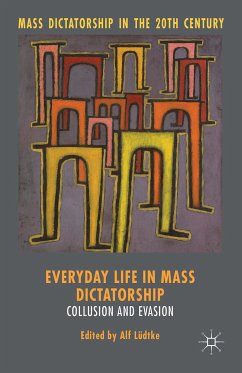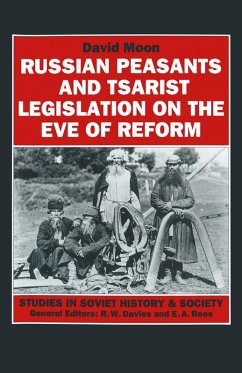
The Establishment Responds (eBook, PDF)
Power, Politics, and Protest since 1945
Redaktion: Fahlenbrach, K.; Wong, L.; Scharloth, J.; Klimke, M.
Versandkostenfrei!
Sofort per Download lieferbar
40,95 €
inkl. MwSt.
Weitere Ausgaben:

PAYBACK Punkte
20 °P sammeln!
This volume fills this gap by examining the many ways in which political parties, the business world, foreign policymakers, and the intelligence community experienced, confronted, and even actively contributed to domestic and transnational forms of dissent.
Dieser Download kann aus rechtlichen Gründen nur mit Rechnungsadresse in A, B, BG, CY, CZ, D, DK, EW, E, FIN, F, GR, HR, H, IRL, I, LT, L, LR, M, NL, PL, P, R, S, SLO, SK ausgeliefert werden.












